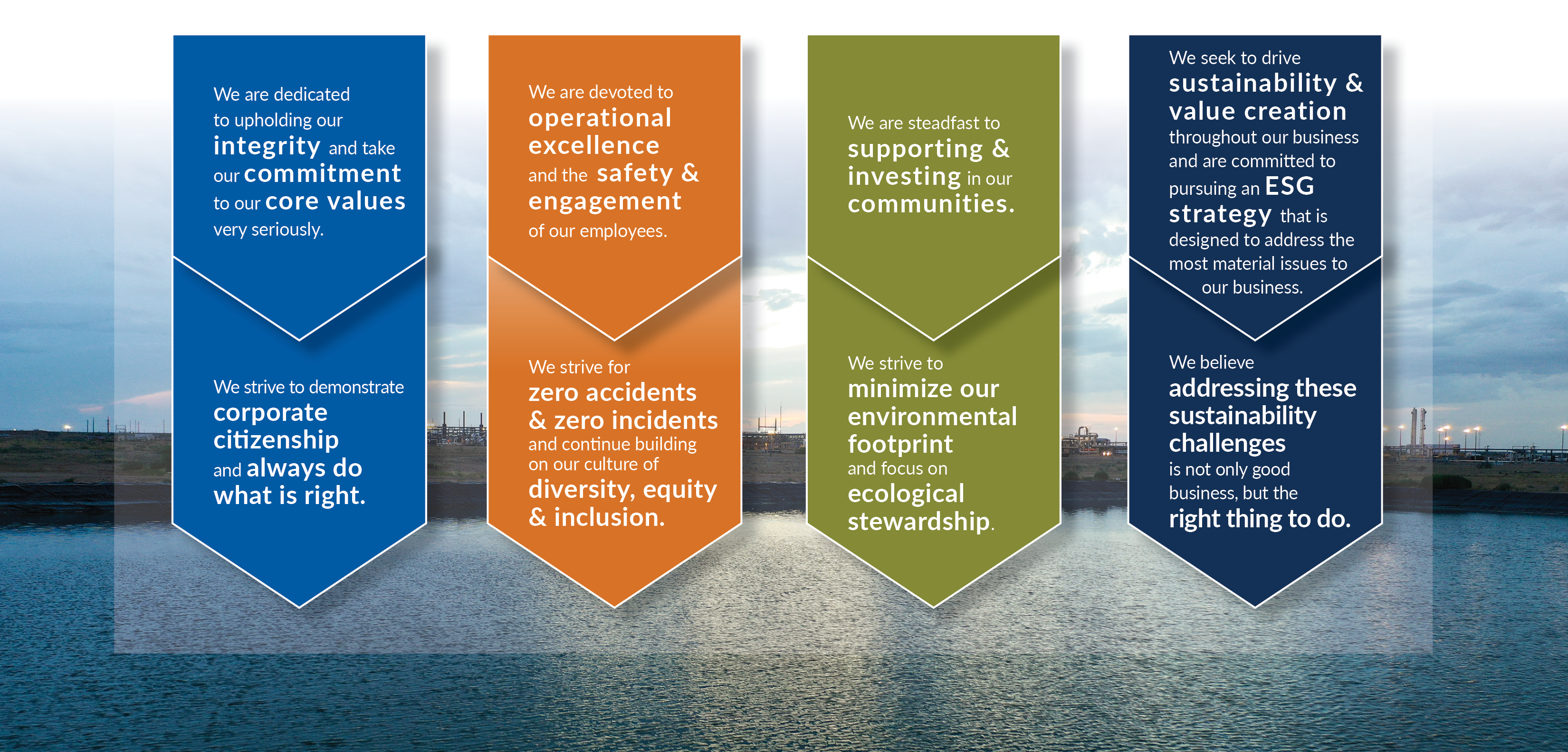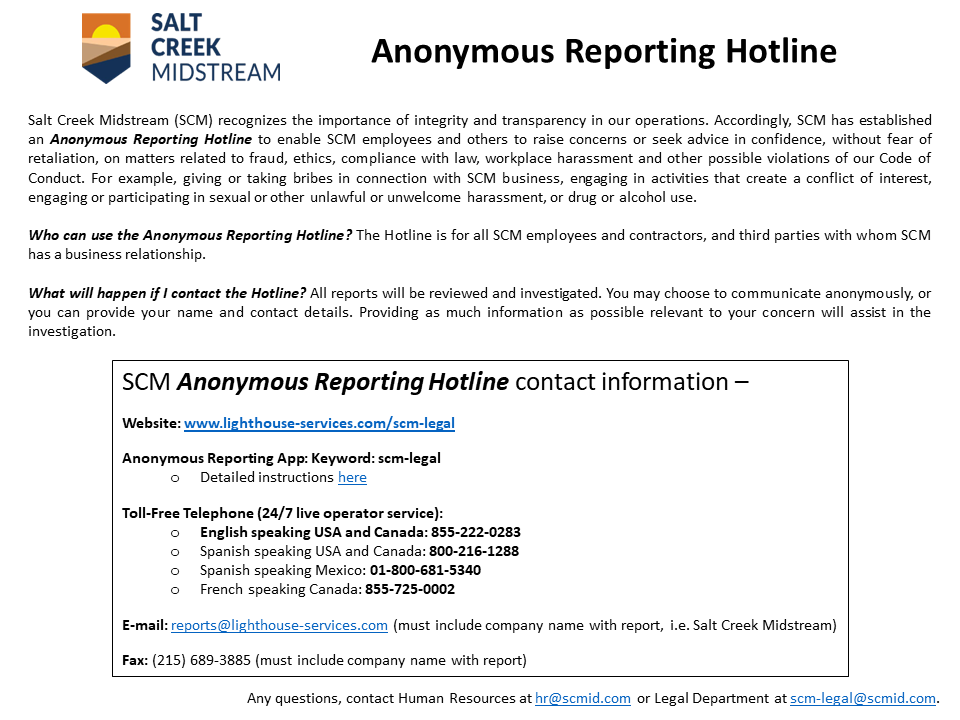OUR SUSTAINABILITY STRATEGY
We are committed to growing responsibly by seeking sustainability-driven opportunities that have benefit to our employees, our customers, our investors, our communities, and other key stakeholders. We continue to advance our progress towards a more sustainable future, as we further define ESG elements inherent to our organization, develop our ESG strategy, and refine our approach to managing sustainability issues and opportunities.

Click here for our 2023 Sustainability Report
Click here for our 2022 Sustainability Report
Click here for our 2021 Sustainability Highlights


